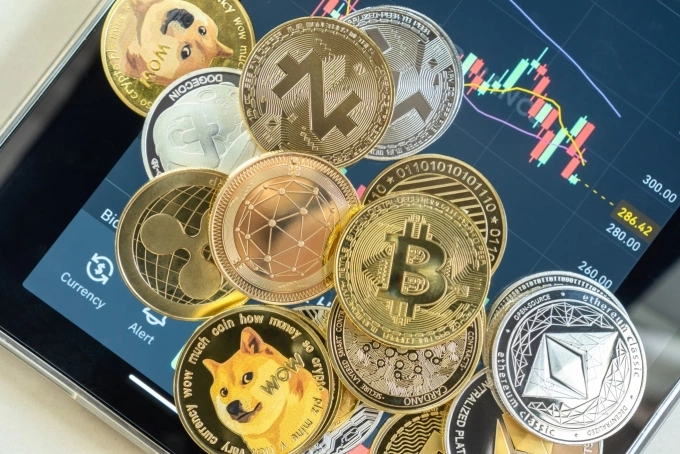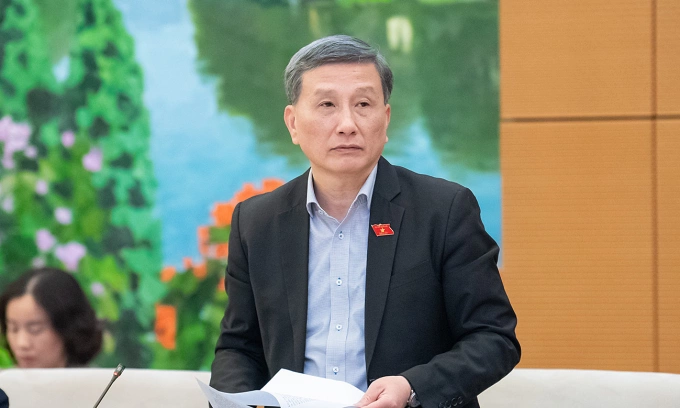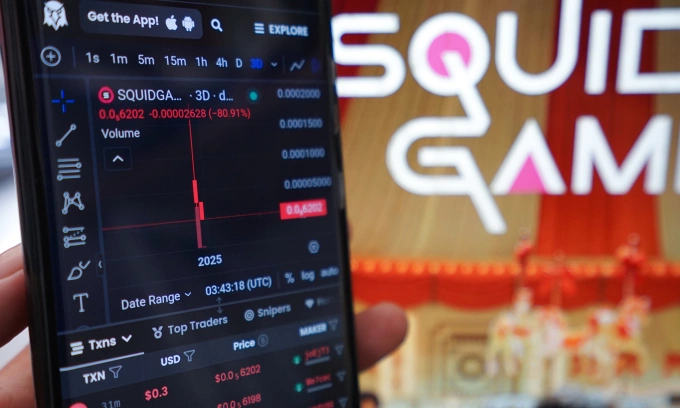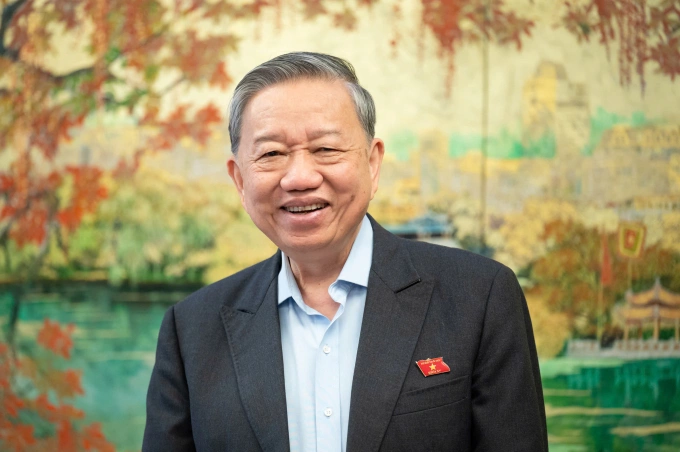According to the Government's plan, financial centers in Ho Chi Minh City and Da Nang will be established and operated in 2025. The construction of these centers aims to develop Vietnam into an important financial destination in the region and the world.
In the draft proposal to build a National Assembly Resolution on building a financial center, the Ministry of Planning and Investment proposed a controlled testing policy (sandbox) for business models applying technology in the financial sector (fintech).
Under this proposal, the Financial Center Management and Operation Committee will have the authority to license, manage, assess the impact and manage risks with the sandbox in fintech activities. The test includes trading floors with assets, cryptocurrencies (digital assets, digital currencies).
The Government shall specify measures to prevent and combat money laundering; inspect and certify security and cybersecurity related to digital assets and organizations providing these services. The management, issuance, ownership and trading of utility tokens and "mining" of digital currencies are also under the Government's authority. This is to limit risks to energy security and the environment.
It is expected that the Government will submit this draft resolution to the National Assembly for consideration and approval at the 9th session in the middle of this year.

Symbols of Bitcoin and some other popular cryptocurrencies. Illustration: CNBC
Cryptocurrencies such as Bitcoin, Ethereum... are considered popular virtual assets. However, Vietnam does not have a specific definition of virtual currency and virtual assets. Current regulations only mention the concept of electronic money anchored to legal currency, existing in the form of prepaid bank cards and electronic wallets.
In fact, cryptocurrencies are not banned in Vietnam, but the authorities have not yet issued specific regulations and do not consider them as a type of asset. The lack of a legal framework for this asset has led many businesses to choose to register in Singapore or the US and then operate in Vietnam, causing a loss of competitive advantage and tax losses. From the user's perspective, the lack of transparency leads to risks in transactions, according to experts.
According to data from the Vietnam Blockchain Association in August, in the 2021-2022 period, Vietnam is in the top 3 in the world in terms of the percentage of people owning digital assets (equivalent to 21% of Vietnam's population owning), only after the UAE and the US. The flow of digital assets into Vietnam in 2023 will reach 120 billion USD, according to a report by market analysis organization Chainalysis.
In addition to digital assets, the Ministry of Planning and Investment also proposed a number of outstanding incentive mechanisms and policies to encourage and attract capital and technology in financial centers.
For example, investment projects in priority sectors and fields of the financial center may enjoy a corporate income tax rate of 10% throughout the project's life. Other investment projects, including income from real estate transfers, are expected to be subject to a tax rate of 10% for 15 years. These enterprises will be exempted from tax for 4 years and have their tax payable reduced by half in the next 9 years from the time they generate taxable income, according to the Ministry's proposal.
Income from investment projects of units in the list of the 500 largest enterprises in the world as ranked by Forbes Magazine is exempted from income tax for 2 more years and reduced by 50% for the next 4 years.
Managers, scientists, and experts with income generated in the international financial center are exempt from personal income tax. Other subjects are exempted until the end of 2035 and have their taxes reduced by 50% in the following years. Foreign experts are also facilitated in terms of entry, exit, travel, and temporary residence.
A membership registration system will be established at financial centers. It is expected that the entities registering to become members will be credit institutions, financial companies, stock exchanges, gold, foreign currency, financial investment funds, insurance companies, etc. These enterprises will be allowed to establish and operate at financial centers.
According to the Ministry of Planning and Investment, the above policies and incentives are suitable for practical use and effectively manage the operations of financial centers. This policy is not limited by the provisions on business registration in the Enterprise Law and related documents.




